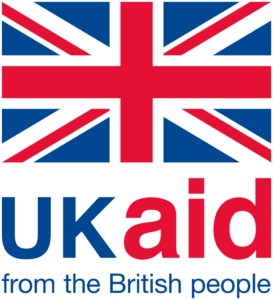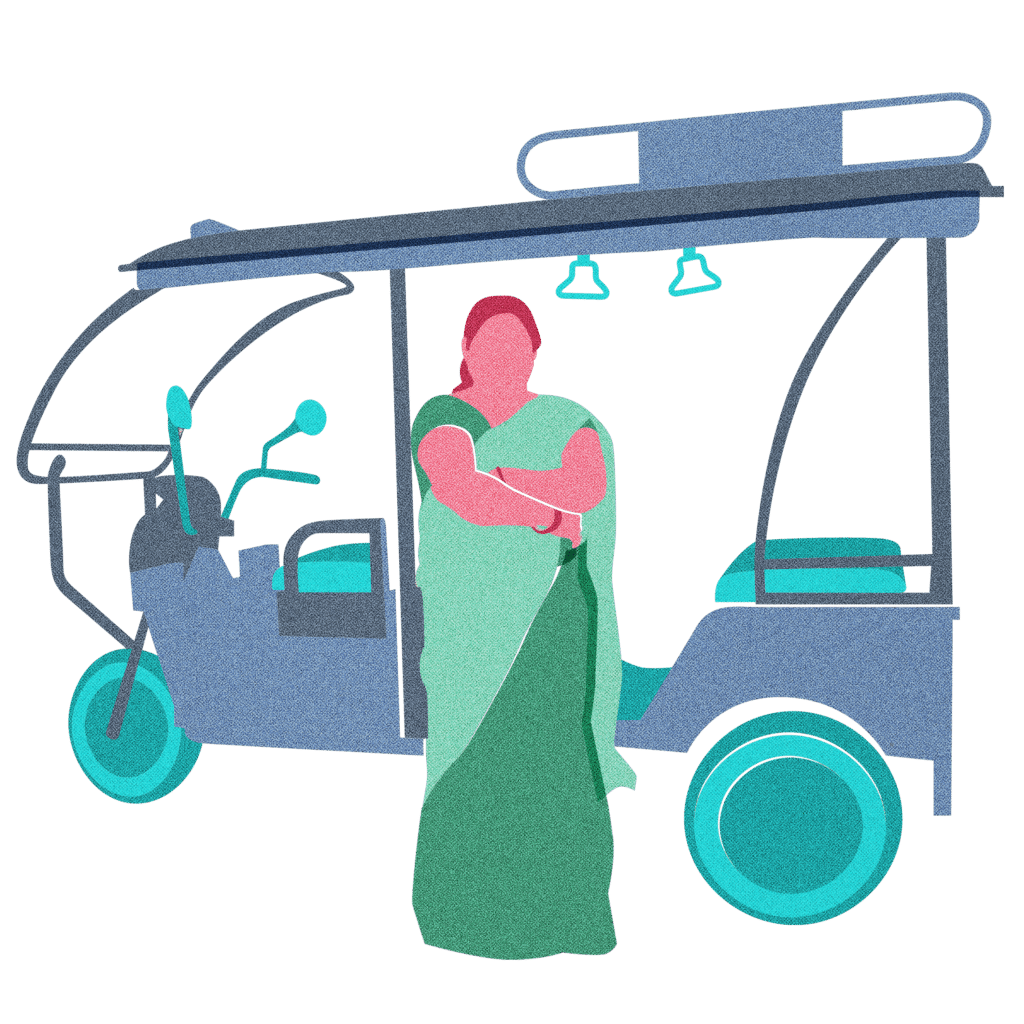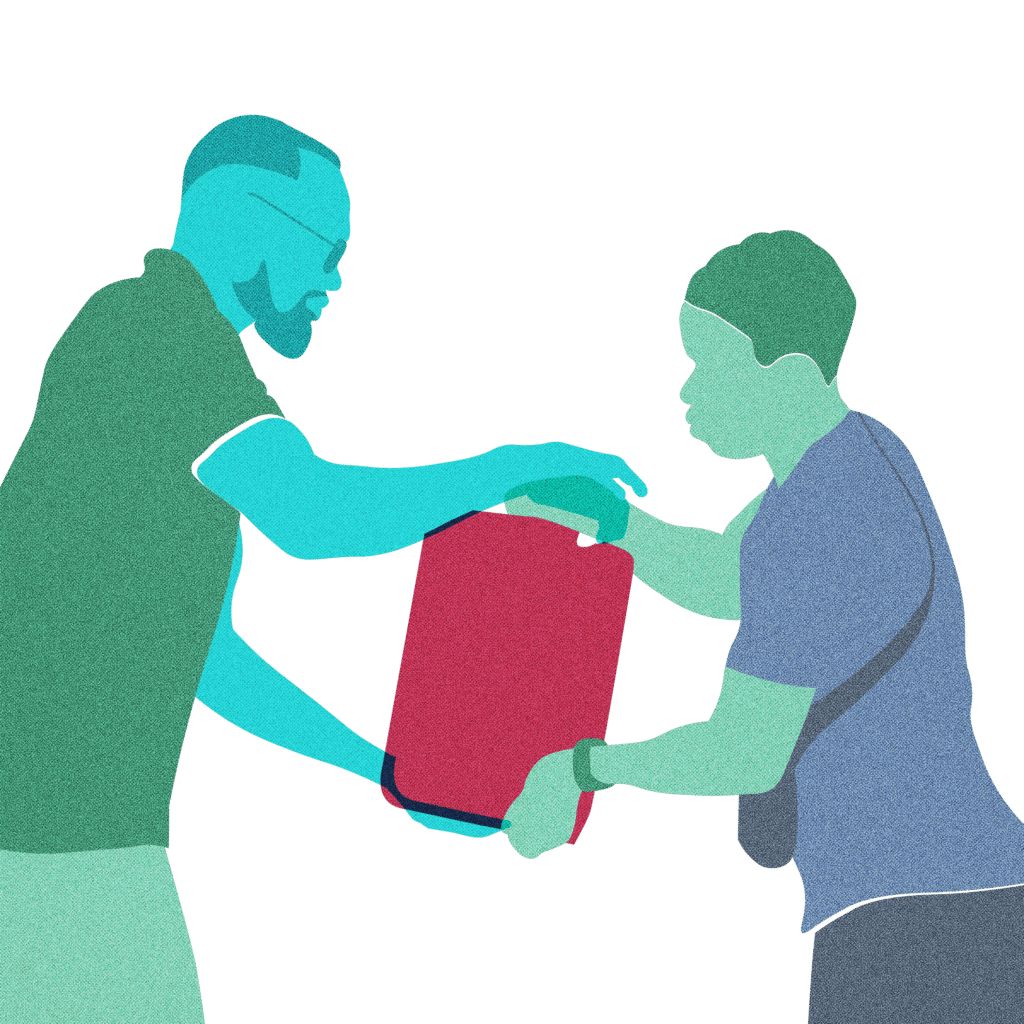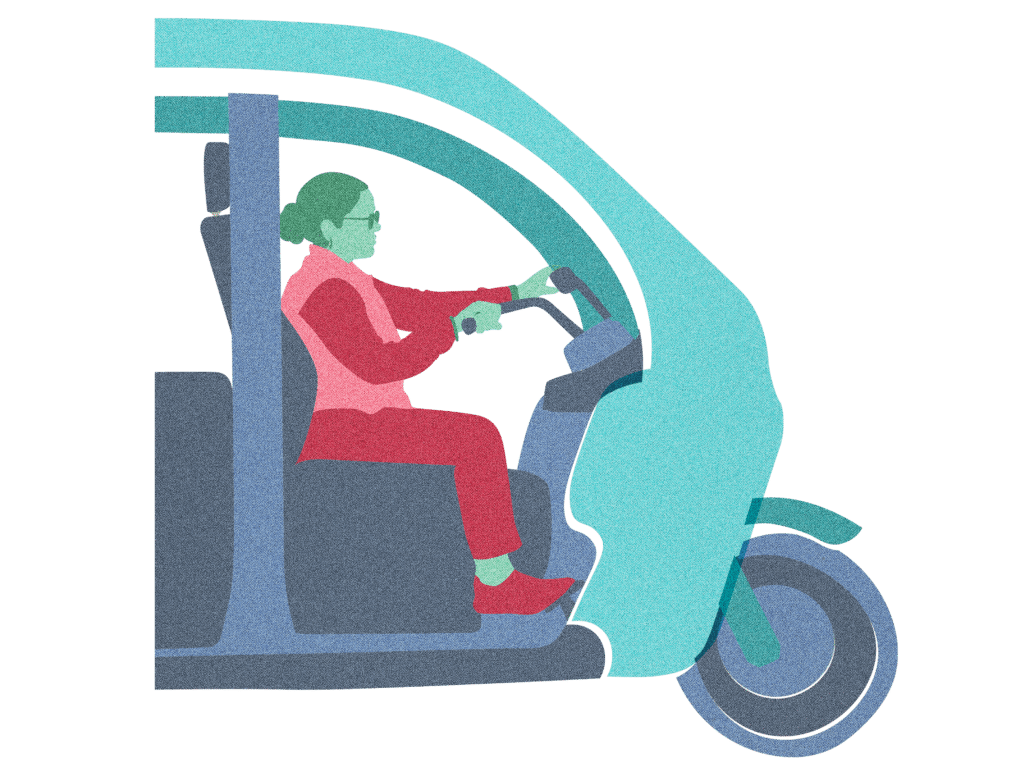How gender impacts agricultural insurance decision making in emerging markets

Pula, which provides accessible, scalable insurance solutions for smallholder farmers by bundling insurance with the inputs farmers already use including seeds and fertiliser, has produced a new learning report exploring how gender plays a role in registration decisions in East and Southern Africa.
The report, co-funded by Shell Foundation and the UK government, uses Pula’s data on farmers in Kenya, Malawi and Zambia to spotlight factors that influence insurance registrations decisions and suggests recommendations to bridge these gaps.
Factors influencing gender gaps in registration |
|
|
|
Demographics of farmers registered for insurance |
|
|
|
Factors influencing gender gaps in yield |
|
|
Pula then used the data insights to produce a set of key recommendations aimed to:
- Increase awareness of insurance
- Educate farmers on farm inputs and best practices
- Bundle insurance with specific products that are of interest to female farmers
















